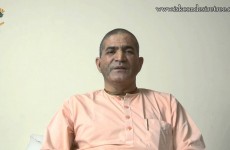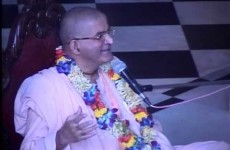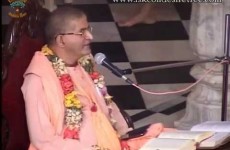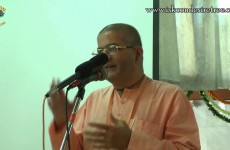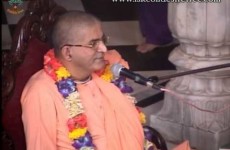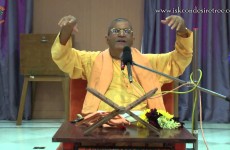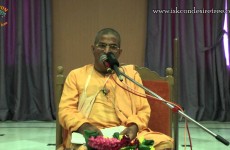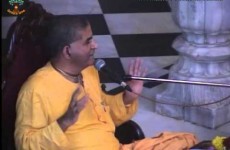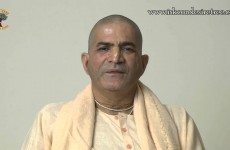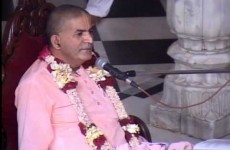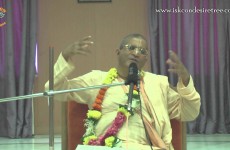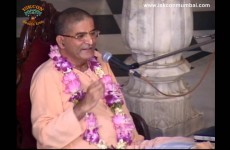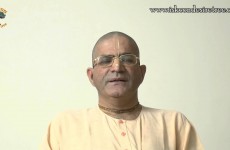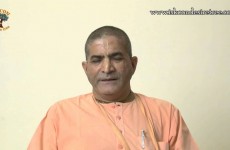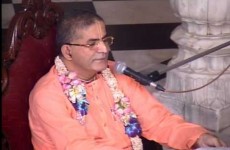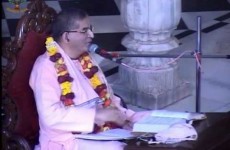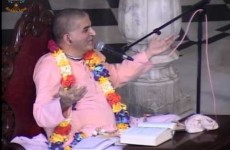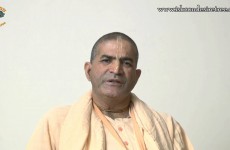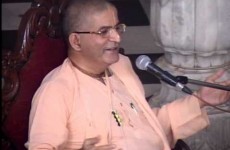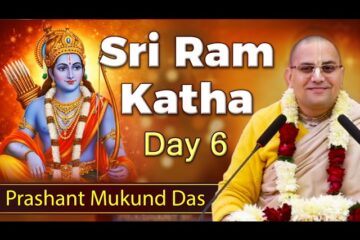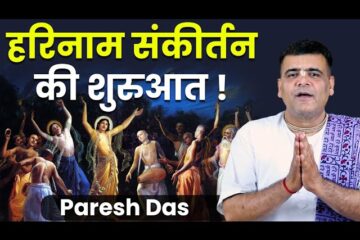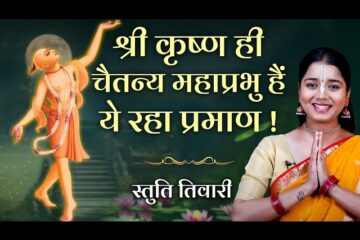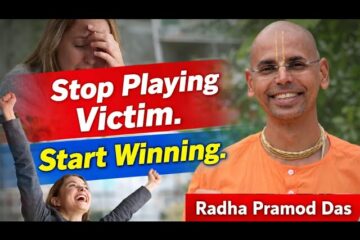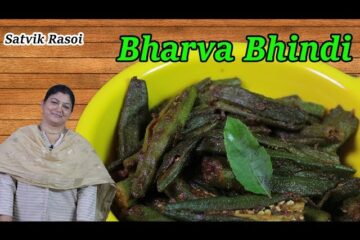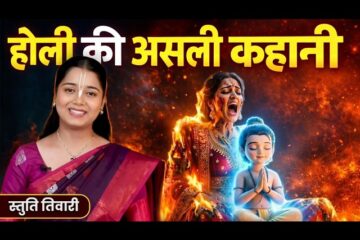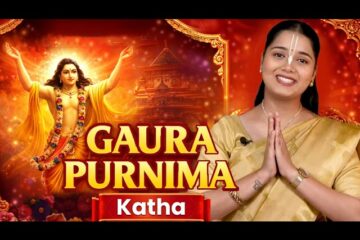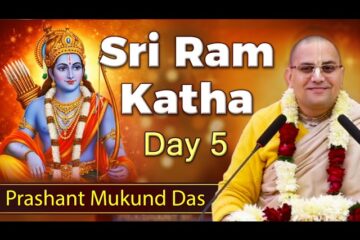Srimad Bhagavatam Canto- 6, Chapter-15, Text-12-15
hiranyanabhah kausalyah
srutadeva rtadhvajah
ete pare ca siddhesas
caranti jñana-hetavah
Translation:
O great souls, I have heard that among the great and perfect persons wandering the surface of the earth to instruct knowledge to people covered by ignorance are Sanat-kumara, Narada, Rbhu, Angira, Devala, Asita, Apantaratama [Vyasadeva], Markandeya, Gautama, Vasistha, Bhagavan Parasurama, Kapila, Sukadeva, Durvasa, Yajñavalkya, Jatukarna and Aruni. Others are Romasa, Cyavana, Dattatreya, Asuri, Patañjali, the great sage Dhaumya who is like the head of the Vedas, the sage Pañcasikha, Hiranyanabha, Kausalya, Srutadeva and Rtadhvaja. You must certainly be among them.
Purport:
The word jñana-hetavah is very significant because great personalities like those listed in these verses wander on the surface of the globe not to mislead the populace, but to distribute real knowledge. Without this knowledge, human life is wasted. The human form of life is meant for realization of one’s relationship with Krsna, or God. One who lacks this knowledge is categorized among the animals. The Lord Himself says in Bhagavad-gita (7.15):
na mam duskrtino mudhah
prapadyante naradhamah
mayayapahrta-jñana
asuram bhavam asritah
“Those miscreants who are grossly foolish, lowest among mankind, whose knowledge is stolen by illusion, and who partake of the atheistic nature of demons, do not surrender unto Me.”
Ignorance is the bodily conception of life (yasyatma-buddhih kunape tri-dhatuke … sa eva go-kharah). Practically everyone throughout the universe, especially on this planet, Bhurloka, thinks that there is no separate existence of the body and soul and therefore no need of self-realization. But that is not a fact. Therefore all the brahmanas listed here, being devotees, travel all over the world to awaken Krsna consciousness in the hearts of such foolish materialists.
The acaryas mentioned in these verses are described in the Mahabharata. The word pañcasikha is also important. One who is liberated from the conceptions of annamaya, pranamaya, manomaya, vijñanamaya and anandamaya and who is perfectly aware of the subtle coverings of the soul is called pañcasikha. According to the statements of the Mahabharata (Santi-parva, Chapters 218-219), an acarya named Pañcasikha took birth in the family of Maharaja Janaka, the ruler of Mithila. The Sankhya philosophers accept Pañcasikhacarya as one of them. Real knowledge pertains to the living entity dwelling within the body. Unfortunately, because of ignorance, the living entity identifies himself with the body and therefore feels pleasure and pain.
[For more videos, visit – www.harekrishnatube.com]










